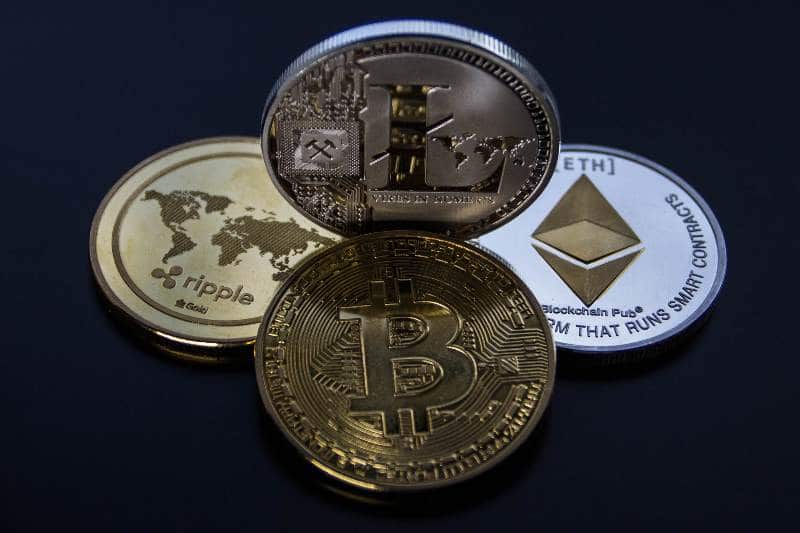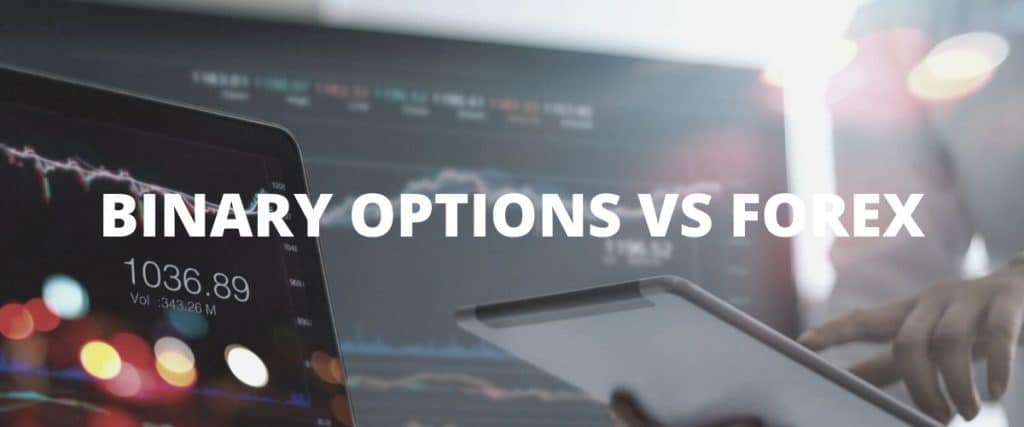Forex and cryptocurrency markets are generally linked to being similar by most people. In reality, they have several similarities but also distinct differences that remind people how vast they are.
Differences Between Forex And Crypto Trading
Forex is the exchange of foreign currencies such as EUR and USD. Forex trading deals with the buying and selling of currency pairs such as EUR/USD and GBP/JPY.
Forex is the largest marketplace in the world having liquidity of over $5 trillion dollars per day.
On the other hand, cryptocurrency trading deals with buying and selling of cryptocurrencies such as the popular Bitcoin and others like Ripple, Ethereum and Litecoin.
Cryptocurrencies are hosted online and backed by the peer to peer authentication to ensure that the crypto key is used only once.
Forex & Cryptocurrency Trading Comparison
1: The volatility
Both forex and cryptocurrencies are highly volatile. Before the inception of cryptos, forex was the most volatile market. Now with crypto, forex seems a lesser threat. The top forex currencies experience volatility of 0.5% and about 1% in extreme cases.
With cryptos, volatility is about 5% going as high as 15% in a single coin. Due to this, investors with high-risk tolerance now prefer crypto.
2: Leverage
The forex market offers high leverage that traders use to open positions with more money than they have. The leverage can be as little as 1:1 or as high as 1:500 and some forex brokers offer more than that.
With a 1:100 leverage, a trader can open a position worth $1000 with $10. This increases potential profits or loss.
With crypto, there’s little to no leverage.
3: Cryptos began retail trading going up to institutions
What separates cryptos to other markets is that cryptos began from the average retail traders going all the way to institutions and governments. It’s what has made the digital currencies to get so volatile and disruptive.
Forex trading, however, started from banks and institutions before getting to the retail investor.
4: Both are decentralized
With both markets, there’s no central government that controls them. All operate on their own but where forex is backed by governments and banks, cryptocurrencies are not backed by governments or banks.
5: Hacking and losing money
In forex, while it happens, losing money isn’t an everyday occurrence since forex brokers are regulated by bodies such as FCA in the UK or ASIC in Australia. Other countries too have regulations set to brokers if they want to set shop in the country.
Cryptocurrencies are not regulated (until the recent plans) hence so many people have lost money either due to hacking or an exchange going underground all of a sudden.
Crypto traders have lost billions of dollars through exchange platforms since the Mt. Gox case in 2014.
6: Both are highly rewarding.
There’s that saying the higher the risk, the higher the reward. With both forex and crypto, they can be rewarding when patience is factored in.
It’s easy to earn profits from forex in the short term and also long term. But with cryptos, long term is the best option since the market is very volatile and will correct itself a lot.
Which Is More Realistically Profitable?
Most crypto traders also invest in other markets. The stability and leverage offered in forex appeal to some traders while the high volatility and rewards attract other traders to crypto.
Regardless, it helps to play it safe and diversify your portfolio to other markets too. Forex can provide slow but realistic profits while cryptos offer returns in a hundred folds. If your risk tolerance allows you to trade crypto without losing sleep, then go for it.




